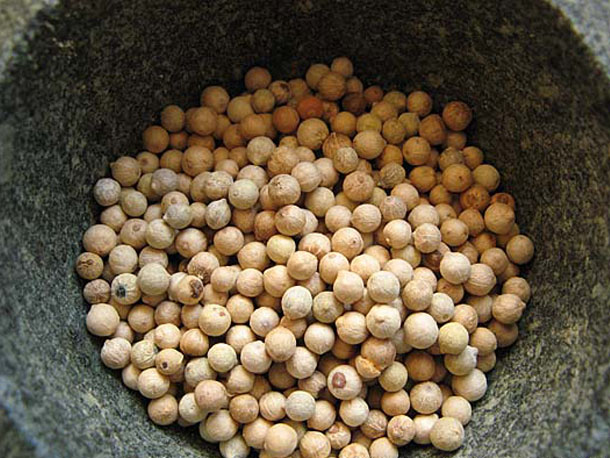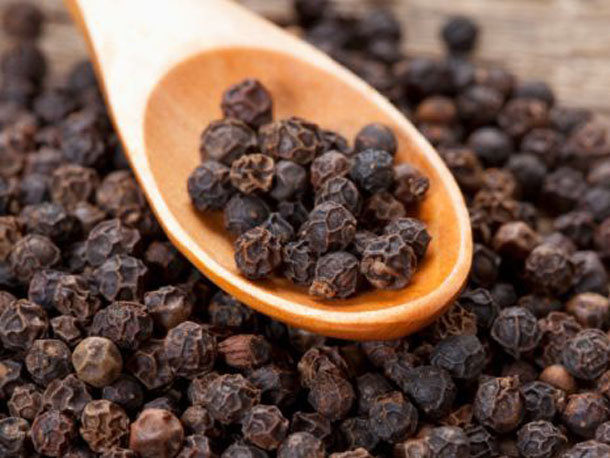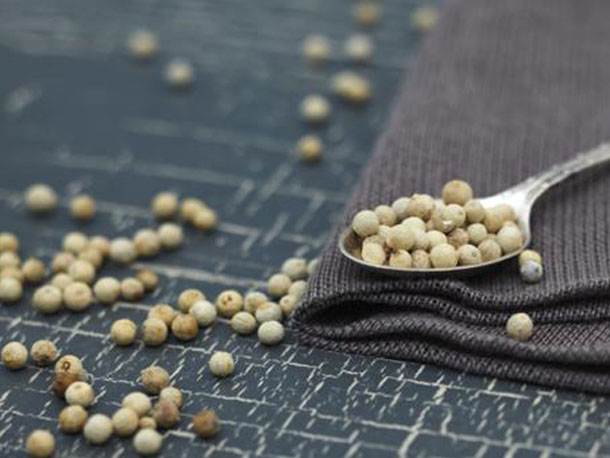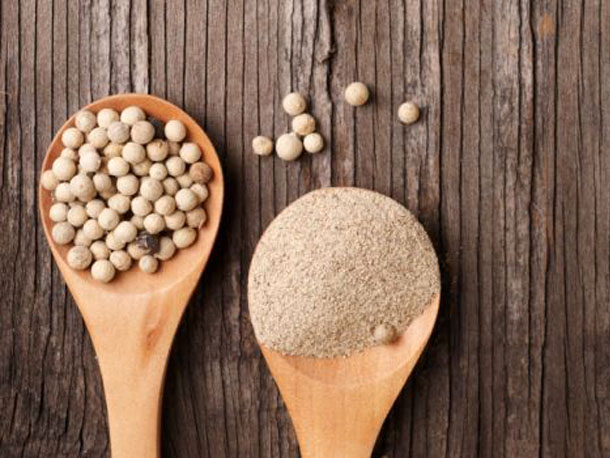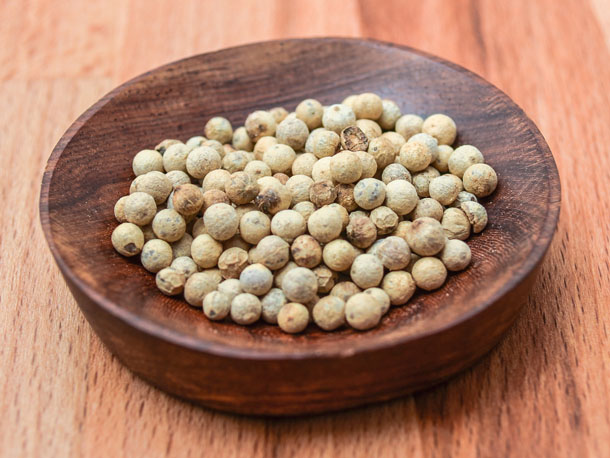IPC calls for accurate production data from members
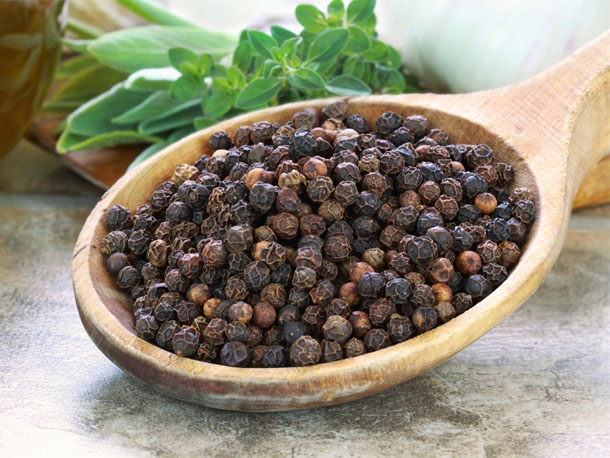
The International Pepper Community (IPC) is keen to secure more reliable data on world pepper production and exports on the basis that improved transparency will benefit the sector as a whole.
This was revealed by the IPC’s executive director, W.D.L. Gunaratne, in his industry message column of the organisation’s November Market Review.
Gunaratne noted that uncertainties on production and market demand necessitate close monitoring of the global pepper industry for the security of producers.
“Unavailability of the reliable data on actual production and export figures and cross border trade make the situation more complicated. IPC request all the member countries to collect accurate information and keep close monitoring of the production, export and local consumption figures facilitating the IPC to monitor the future with more precision,” he wrote.
Gunaratne remarked that while the IPC needed to provide all the information in time, it was also essential for all the member countries to direct their crop specialists and climatologists to study and propose mitigation measures against the current changes in climate – mainly heavy rains in south east Asian countries and the dry weather in the south Asian region.
Vietnam pepper conference
Vietnam organised its first Forum Vietnam Pepper from November 17-19, 2016.
This was held at the Novotel on Phu Quoc island, Vietnam.
The event was a joint initiative by the Ministry of Agriculture and Rural Development (MARD) and the National Trade Promotion programme of the Ministry of Trade and Industry to further promote the pepper industry.
Organised by the MARD and Vietnam Pepper Association, the forum attracted around 150 national and international participants.
The IPC explained that among the issues discussed were the current development on the Vietnam pepper and capabilities, quality issues, market potential need of sustaining the pepper industry to meet the requirements set by the major importing countries, and market promotion.
A number of speakers from the government agencies and trade sectors gave presentations at the forum.
Le Vin Duc of the Department of Plant Production of Ministry of Agriculture and Rural development gave an overview on the current production and exports of pepper in Vietnam. He also mentioned the constraints faced by the Vietnam pepper market and suggested some solutions to sustain the country’s pepper industry.
Cheryl Deem, executive director of the American Spice Trade Association, gave a detailed update on US pepper imports and information about the technical barriers on use of pesticides and Food Safety Manufacturers Association compliance, covering issues on pesticide residues, allergens, aflatoxins, traceability and adulterants. She also proposed steps to be implemented in response to these issues.
Sustainability efforts
Neil Meyer of the European Spice Association (ESA) talked on orientation and the actions of ESA to support the development of a sustainable pepper industry in Vietnam. In addition, he detailed the EU legislation for herbs and spices, which is now harmonised. The aim of this legislation is to ensure the production of safe, healthy food and protect consumers. He highlighted the EU food legislation on issues with most important risks covering pesticide residues, contaminants and allergens.
Meyer gave further information on the ESA initiative and referred to the courteous relationship with the Vietnamese stakeholders for future cooperation. In addition, he stressed the need to improve pepper quality in line with the growing demand from EU consumers for safe and healthy pepper products.
Along with the forum there was also a mini exhibition for the processors and exporting companies in Vietnam to exhibit their pepper and other agricultural products.
A visit to pepper growing areas in Phu Quoc Island was also arranged to provide the opportunity for all participants to gain a better understanding of the development of Vietnam’s pepper industry.

